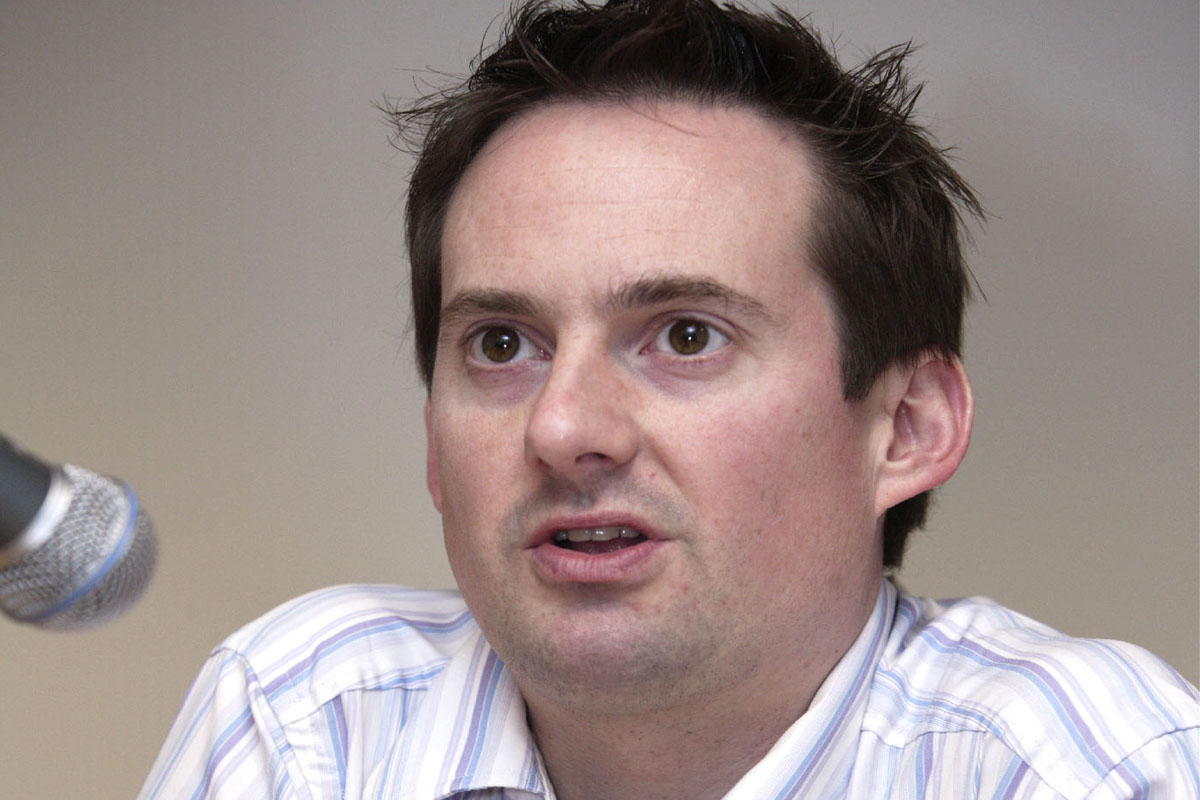Universal broadband coverage is still a technical challenge
Even without budget cuts, WiMax, satellite and mobile will struggle to bridge the digital divide.

Just like thousands of other Britons, this writer recently made his escape to rural France.
Better weather and cheaper wine are just two of the attractions. But it was also a chance to see, at first hand, how our neighbours are tackling the idea of national, broadband coverage.
Our holiday home came with the usual conveniences: a sunny terrace, barbeque, and pool. But it also had WiMax broadband.
In fact, WiMax is one of the few practical options for much of rural France, which is sparsely populated, at least outside the French school holidays.
Mobile (i.e. 3G cellular) coverage is patchy, at best, outside the towns and even 2G data and voice signals are not completely reliable in the villages.
The idea of running ADSL, let alone fibre, to places with a population of 900 or so people would stretch the commitment, and budgets, of even the most communitaire public administration.
So WiMax it is, although in some parts of France, as in the UK, satellite broadband is also playing its part.
Sign up today and you will receive a free copy of our Future Focus 2025 report - the leading guidance on AI, cybersecurity and other IT challenges as per 700+ senior executives
And there is a massive difference between the type of access provided by a paid-for, commercial WiMax service (shared, I was told, between four or five farms at present) and the type of highly-publicised WiMax trials Intel and others have organised in locations such as Las Vegas.
The good news: WiMax works. The bad: it has a long way to go before it compares well with even entry-level ADSL or cable. Our broadband access was not helped by a less than perfect Wi-Fi LAN (and some 400 year old, metre thick stone walls).

